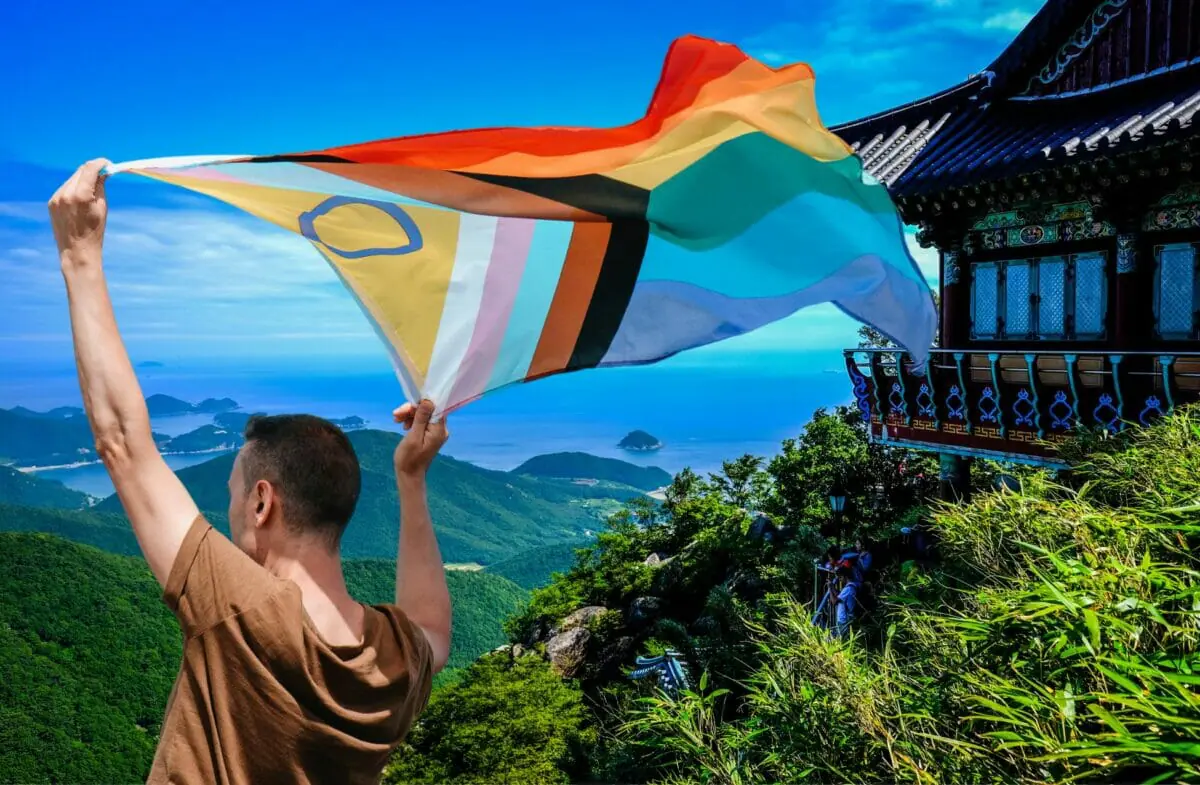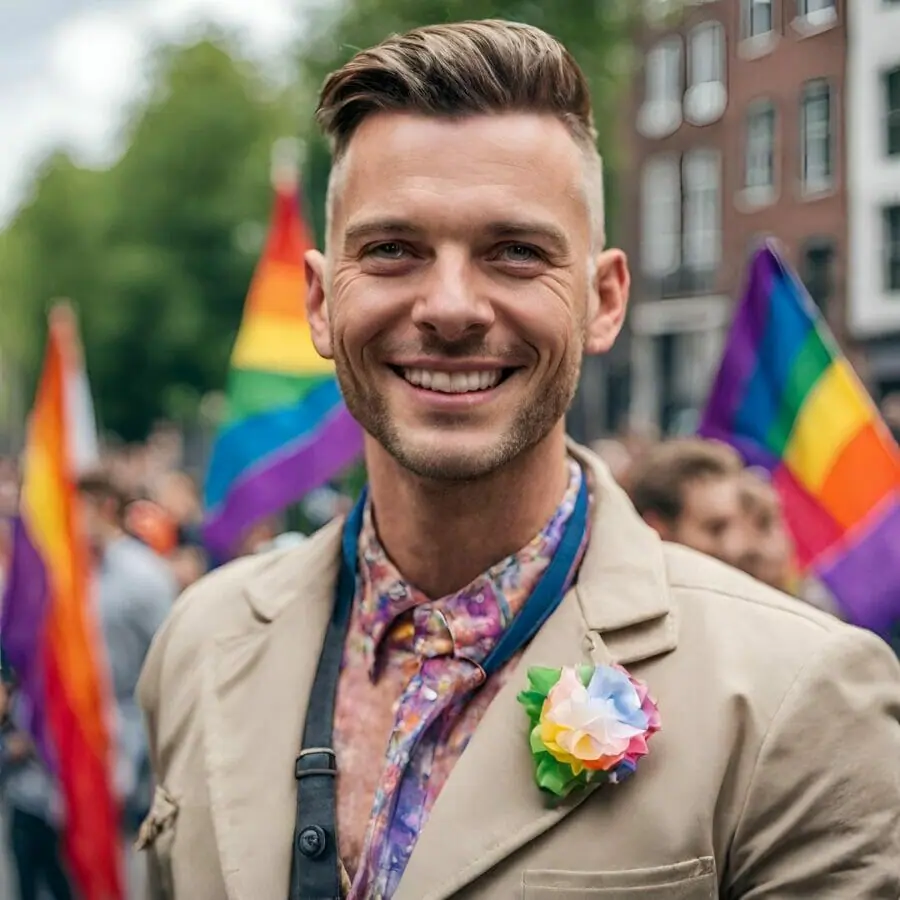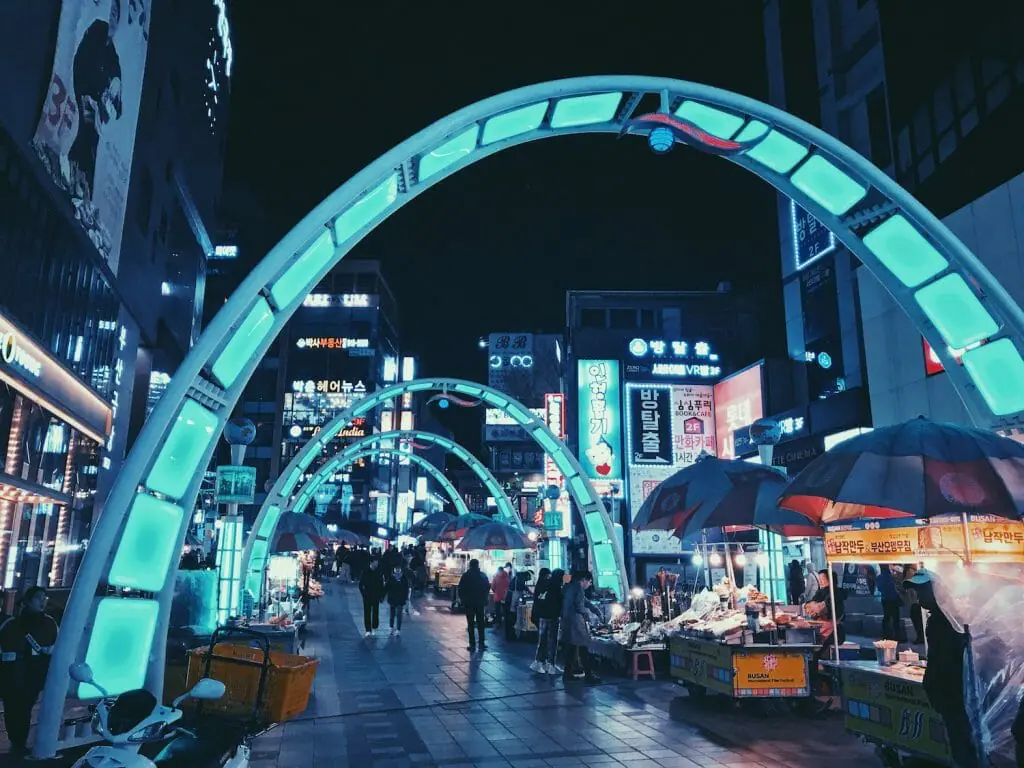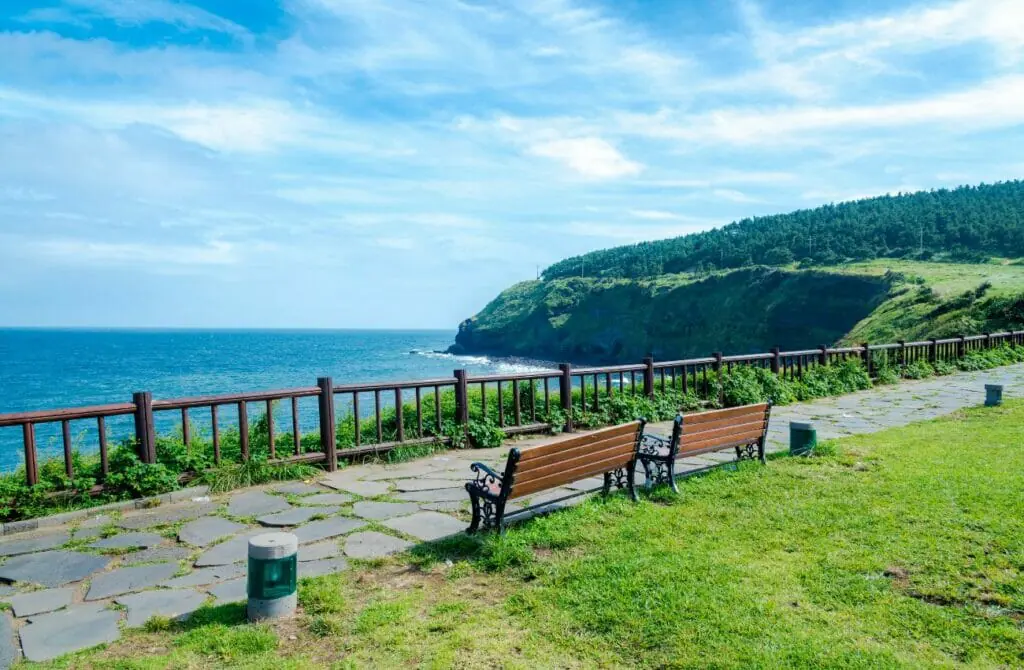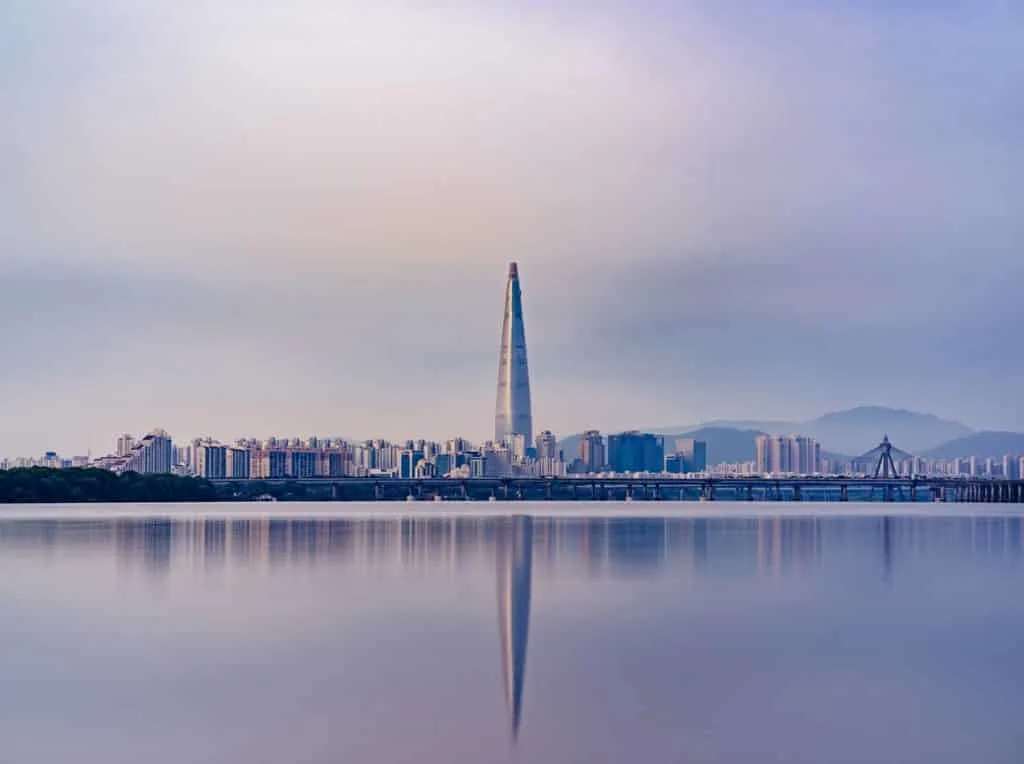In the heart of East Asia, shimmering amidst age-old traditions and rapid modernization, lies South Korea. It’s a land where dazzling K-pop culture melds seamlessly with historic palaces and serene Buddhist temples. Gay South Korea, in many ways, is a reflection of these contrasts: a nation standing at the crossroads of acceptance and traditional conservatism.
From the vibrant streets of Seoul, pulsating with neon lights and lively nightlife, to the serene beaches of Busan, South Korea is a feast for the senses. Yet, beneath the surface, the queer narrative of South Korea unfolds with nuances that demand attention.
The political tapestry of Gay South Korea is intricate. While homosexuality is legal (except in the military, where it can result in imprisonment), the nation doesn’t recognize same-sex marriages or offer comprehensive anti-discrimination laws.
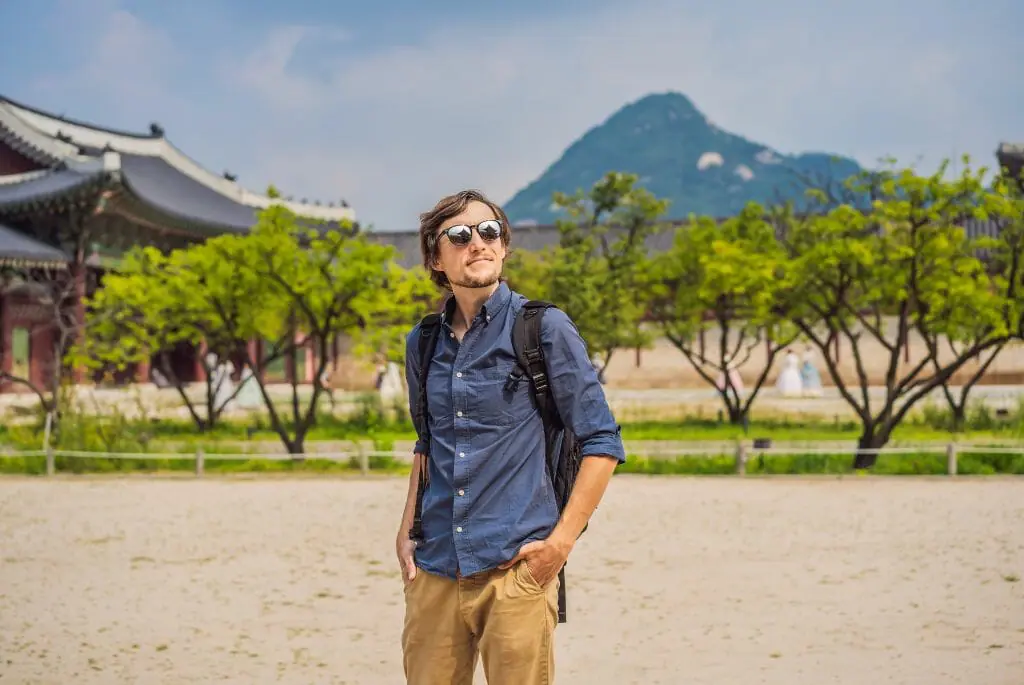
This gray space translates into the daily lives of its queer citizens. Although cities like Seoul boast dynamic gay districts such as Jongno and Itaewon, public displays of affection, especially same-sex, can attract stares and, in some situations, outright discrimination.
Yet, South Korea’s appeal is undeniable. The rich tapestry of its culture, from the spicy allure of kimchi to the rhythmic beats of K-pop, offers a vibrant backdrop for the LGBTQ+ traveler. Gay South Korea’s nightlife, particularly in Seoul, is dynamic and diverse, with underground clubs and bars that resonate with energy and acceptance. However, it’s essential to tread with caution, as these safe spaces sometimes stand in stark contrast to the broader societal landscape.
The lived experiences of South Korea’s LGBTQ+ community can be a testament to resilience but also to the challenges that persist. While the annual Seoul Pride continues to see burgeoning numbers, it’s also met with significant opposition and protests. For LGBTQ+ travelers, this means that while South Korea offers a rich tapestry of experiences, they must be willing to navigate its complexities with care and discretion.
In sum, while travel is a bridge to understanding and cultural exchange, safety and awareness remain paramount. Being queer shouldn’t curtail one’s wanderlust, but in destinations like Gay South Korea, it’s vital to approach with both eyes open. If you’re not inclined to tread softly or adapt, perhaps it’s worth considering other horizons. Yet for those who venture, South Korea, with all its intricacies, awaits.
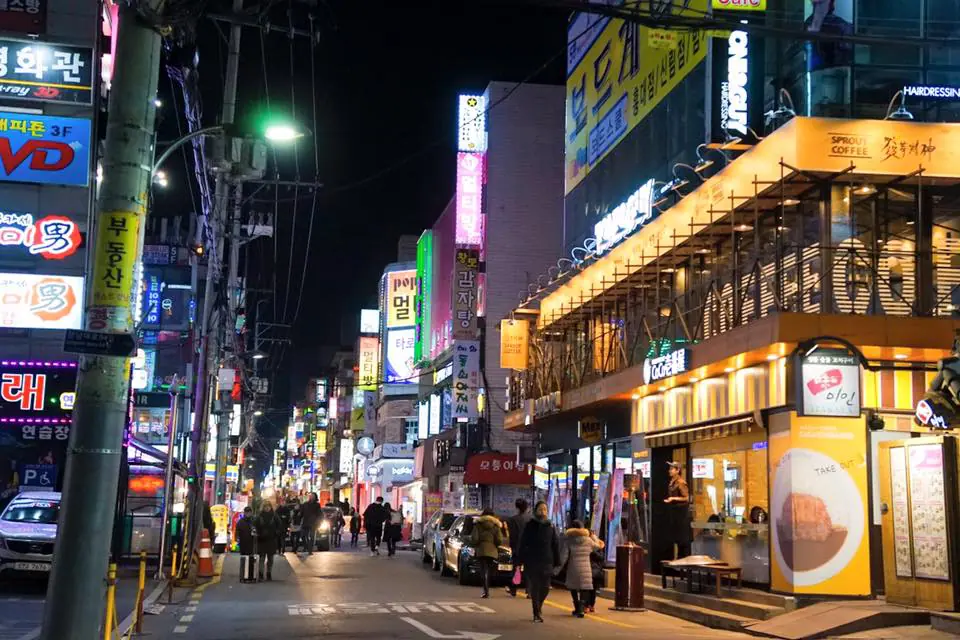
History Of LGBT Rights In South Korea
In the early history of South Korea, there is little mention of homosexuality in literature or historical accounts. However, some nobility and Buddhist monks were known to have professed their attraction to or been actively involved with members of the same sex. The modern South Korean LGBT rights movement began in the 1990s, with several small organizations seeking to combat discrimination based on sexual orientation and gender identity.
Despite the progress, South Korea’s LGBTQ community still faces significant challenges. Conservative lawmakers and religious leaders have contributed to the lengthy and unsuccessful fight for equality. Yet, public opinion is gradually changing. According to a survey by the National Human Rights Commission of Korea, 7 out of 10 South Koreans believe that it’s wrong to discriminate against sexual minorities, and 9 out of 10 support the implementation of an anti-discrimination bill.
It’s essential for LGBTQ travelers and locals alike to remain vigilant, as situations and attitudes can change rapidly. Information may become outdated, so it’s crucial to seek current advice before traveling. Some relevant LGBTQ advocacy groups in South Korea include the Korean Sexual-Minority Culture and Rights Center and Solidarity for LGBT Human Rights of Korea. These organizations can serve as valuable resources for information and support.
While South Korea has made strides in the fight for LGBTQ equality, it’s vital to be aware of the ongoing challenges in the country. By staying informed and connected with local advocacy groups, the LGBTQ community can both celebrate the progress made and continue to push for further change.

The LGBT Legal Situation In South Korea
In South Korea, homosexuality is legal, but same-sex marriage is not recognized. LGBT rights have progressed over the years, with the country’s first-ever recognition of the rights of a same-sex couple in a landmark ruling by the Seoul High Court.
However, there are still areas where LGBT individuals face challenges. Transgender and non-binary people are excluded from military service, and legal gender recognition requires surgery and can be a financial, physical, and mental burden for many. In addition, discrimination protection exists in some contexts; however, there are no specific protections in employment or housing.
When it comes to local people versus tourists, it’s essential to be aware that conservative attitudes persist in South Korea, and public displays of affection between same-sex couples may receive disapproving stares or comments. While the legal situation may not drastically affect tourists, it’s important to remain vigilant and respect local customs.
To stay safe and informed, it is crucial to seek current advice before traveling, as situations can change quickly. Stay connected with local LGBT advocacy groups such as the Korean Sexual-Minority Culture and Rights Center (KSCRC) or Solidarity for LGBT Human Rights of Korea. These organizations can provide valuable resources and up-to-date information on the local LGBT scene and potential issues.
In conclusion, as travelers, we should always err on the side of caution and be aware of the laws and cultural norms in the countries we visit. The situation for LGBT rights in South Korea is evolving, which calls for staying informed and vigilant and respecting local customs while exploring this fascinating country.
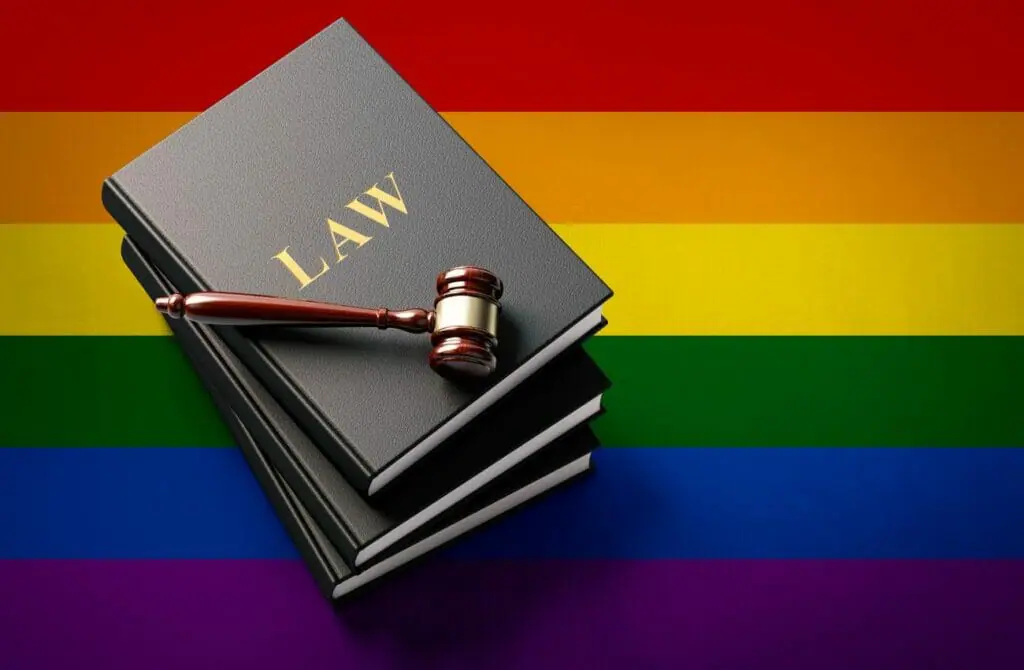
The LGBT Social Situation In South Korea
South Korea’s LGBT community faces numerous challenges, even though the country is known for its rapid economic and technological advancements. While discrimination against LGBT people is not as widespread as it once was, the community still faces various social and legal issues, particularly for locals compared to tourists.
For tourists, South Korea can be a vibrant and exciting destination that may include areas and venues with thriving LGBT scenes. However, it is important for LGBT tourists to remain aware of the laws, cultural norms, and social attitudes in the country to avoid any potential issues or misunderstandings.
In recent years, there has been growing support for LGBT rights in South Korea, thanks in part to the hard work and advocacy from groups such as the Korean Sexual-Minority Culture and Rights Center (KSCRC) and Solidarity for LGBT Human Rights of Korea (SLRK). These organizations have made numerous strides in improving the social situation of the LGBT community and pushing for greater acceptance.
Steps that can be taken to protect and support the LGBT community in South Korea, both locals and tourists, include remaining aware of your surroundings, adhering to local customs and cultural norms, and connecting with local LGBT groups for support. It is crucial to remember that the situation can change quickly, so always seek current information and advice before traveling.
While South Korea has made progress in electing its first openly LGBT official, it is essential to approach each situation with caution and remain vigilant. Keep in mind that there are still societal prejudices and often a lack of legal protection for the LGBT community, meaning the experience of locals may differ significantly from tourists.
In conclusion, the social situation for LGBT individuals in South Korea is complex and ever-changing; staying up-to-date on current events, laws, and social attitudes plays a crucial role in navigating the country as both a local and a tourist.

Trans Rights In South Korea
South Korea has seen progress in trans rights in recent years, with transgender people allowed to undergo gender-affirming care after the age of 20 and able to change their gender identity on official documents. This progress was sparked by South Korea’s first transgender entertainer, Harisu, who in 2002 became the second person in South Korea to legally change sex.
Additionally, in a victory for LGBTQ rights, South Korea’s supreme court has ruled that transgender people have the right to change their legal sex status, regardless of their age. However, the preconditions required by courts and the related financial, physical, and mental burden have contributed to the decision of many transgender individuals not to seek legal gender recognition.
While these advancements are positive for both locals and tourists, it is important to remember that the overall situation in South Korea can change quickly, and information might be outdated. Therefore, seeking current advice before traveling is crucial to ensure a safe and enjoyable experience.
It’s important to remain vigilant, as there are always bad actors in every country. Taking steps to protect oneself, such as consulting with LGBT advocacy groups, can provide invaluable support and resources. Some notable organizations include the Korean Sexual-Minority Culture and Rights Center, Solidarity for LGBT Human Rights of Korea, and Chingusai.
In summary, trans rights in South Korea have made progress, and maintaining awareness of the current situation, consulting with relevant advocacy groups, and staying vigilant are important measures for both locals and tourists to enjoy a safe and welcoming environment. Stay excited about the advancements being made while being cautious and informed!


The Future For The Queer Community In South Korea
The future of LGBT rights in South Korea seems to be gradually progressing towards more equality. While there are still significant challenges to overcome, such as the lack of a comprehensive anti-discrimination law, increased social acceptance and high-profile legal victories are providing hope for the LGBTQ community and their allies.
As a traveler, it is essential to be aware of the current state of LGBT rights in the country. While South Korea does not actively persecute LGBTQ individuals from abroad, it is essential to remain vigilant and understand the local context. Situations can change quickly, and information may become outdated, so always seek up-to-date advice before traveling.
There are conscious steps that travelers can take to ensure their safety and well-being. Stay informed about the current political and societal climate in South Korea, and make use of resources such as LGBTQ travel blogs and forums. Try to connect with local advocacy groups or the LGBTQ community to get firsthand information and recommendations on how to stay safe and navigate potential challenges.
In recent years, South Korea has seen the growth of several LGBTQ advocacy groups, such as the Korean Sexual-Minority Culture and Rights Center and the Chingusai – Between Friends organization. These organizations tirelessly work to improve LGBT rights in the country and make South Korea a more inclusive and equal society.
While it is crucial to acknowledge the progress being made, it is equally important to remain cautious and realistic. Always be aware of your surroundings, and remember that there can be bad actors in any country.
In conclusion, the future of LGBT rights in South Korea is promising, but there are still hurdles to overcome. By staying informed, connecting with local communities, and supporting advocacy groups, we can all help contribute to a brighter future for LGBTQ individuals in South Korea and beyond.
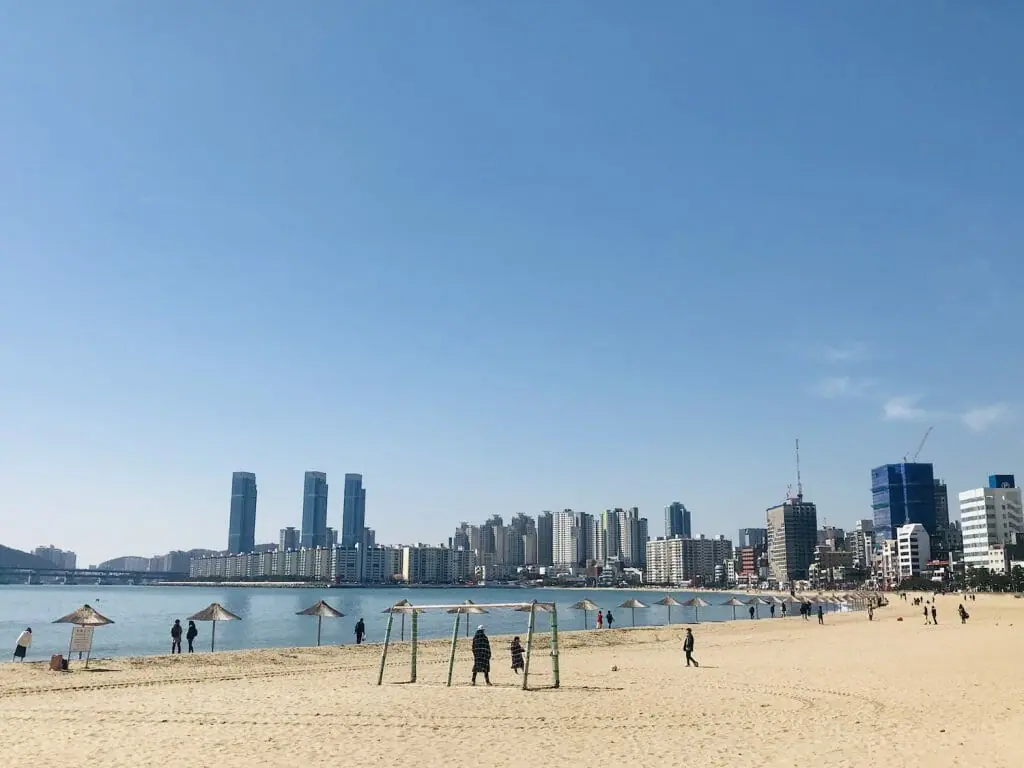
Protect Yourself While Travelling In Gay South Korea
South Korea is known for its rich cultural history and rapid technological advancements. However, when it comes to LGBT rights, the situation remains challenging for both locals and tourists alike. Homosexuality is still quite taboo in South Korean society, and there are no national anti-discrimination laws against LGBT people or hate crimes based on sexual orientation and gender identity.
For locals: Being part of the LGBT community in South Korea can be difficult due to the lack of legal protections and societal acceptance. It is essential to connect with local advocacy groups, such as Solidarity for LGBT Human Rights in Korea, to stay informed on the latest developments and find support within the community.
For tourists: South Korea is an exciting and vibrant place to visit! However, as a tourist, it is crucial to be aware of the current political and legal landscape regarding LGBT rights. Remain vigilant, cautious, and informed about changes in the situation and potential risks. Seek up-to-date advice before traveling, as situations can change quickly and previously reliable information might turn outdated.
To protect yourself and navigate through these challenges, consider the following steps:
- Stay informed: Keep updated on the latest news and developments regarding LGBT rights in South Korea. Visit websites and social media channels, or talk to locals and people within the community to get first-hand information.
- Be cautious: While enjoying your time in South Korea, remember to err on the side of caution when expressing your sexual orientation or gender identity in public spaces. This might be especially necessary if you are a tourist and not familiar with local customs and attitudes.
- Connect with support networks: Seek out and engage with local LGBT advocacy groups and organizations that can provide resources, information, and support when necessary.
Remember, situations can change swiftly, and there may always be bad actors in every country. Stay vigilant and protect yourself while enjoying the incredible South Korean experience!
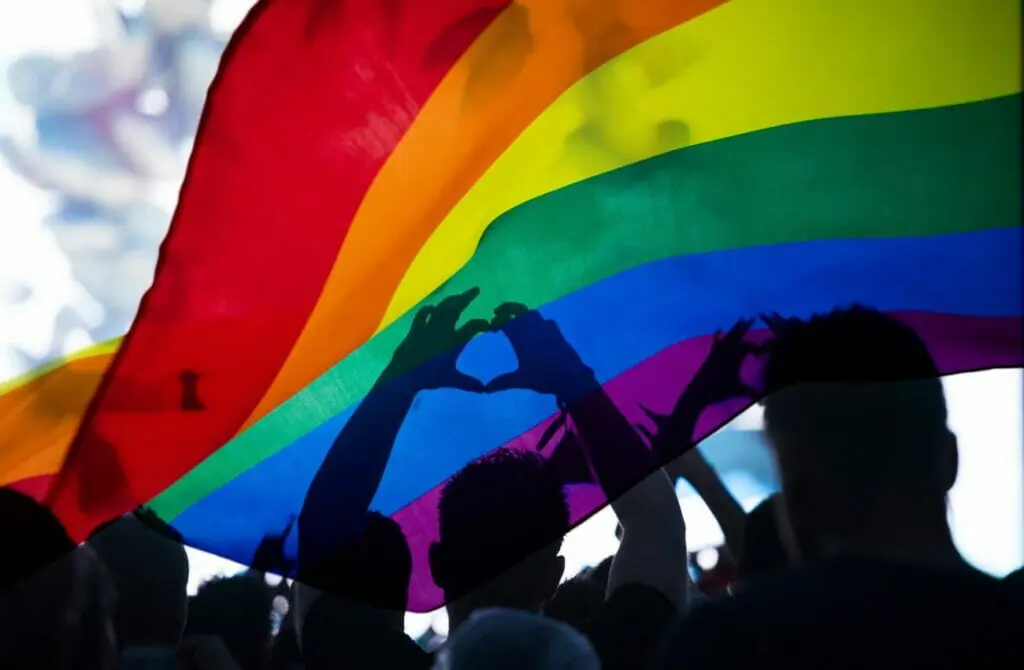

Most Popular Gay Destinations In South Korea
Ah, the Land of the Morning Calm! South Korea is a country where ancient palaces rub shoulders with futuristic skyscrapers and where serene mountains overlook bustling urban centers.
Dive deep into its cultural kaleidoscope, and you’ll uncover a series of cities that have earned their spots as the best gay destinations in South Korea. Alphabetically laid out, each city stands as a testament to the diverse experiences this nation has to offer, ensuring no gem is overshadowed by another.
However, a seasoned traveler’s word to the wise: popularity among the queer community does not always equate to openness or acceptance. While destinations such as Seoul and Busan might be lighting up the Gay South Korean map, their embrace of LGBTQ+ travelers can range from warm to wary.
Thus, while the journey promises unparalleled adventures, it is paramount that wanderers tread with discretion, acknowledging that the heartbeats of these cities can sometimes be as complex as their histories.
Ah, the vibrant pulse of Busan, often overshadowed by Seoul, yet bursting with hidden gems that would make any globetrotter’s heart race!
Gay Busan, with its sun-kissed beaches, culinary delights, and a quaint queer scene discreetly tucked amidst its urban sprawl, offers an intoxicating blend of modern allure and age-old traditions. While it’s essential to navigate its cultural mosaic with sensitivity, this coastal city promises a rich tapestry of experiences that weave together food, design, history, and a pinch of fabulousness that’s uniquely its own.
Jeju Island, a tantalizing blend of mythic legends and jaw-dropping natural beauty, beckons travelers with the allure of its unique culture and burgeoning LGBTQ+ scene. Whether diving into the tales of Seolmundae Halmang, savoring the delectable Jeju black pork, or seeking the whispers of the queer narrative, this volcanic gem promises a tapestry of experiences that leave an indelible mark on every wanderer’s soul.
Seoul, the pulsating heart of South Korea, marries traditional charm with electrifying modernity, making it a magnet for those with insatiable wanderlust. Delve into this mesmerizing maze where K-Pop anthems serenade your every step, and hidden alleys reveal a vibrant Gay Seoul scene – a shimmering gem that promises both delightful discoveries and poignant reflections on the city’s evolving acceptance of the LGBTQ+ community.


